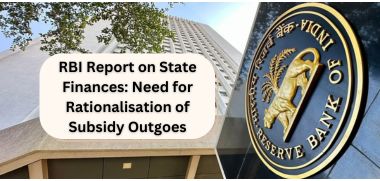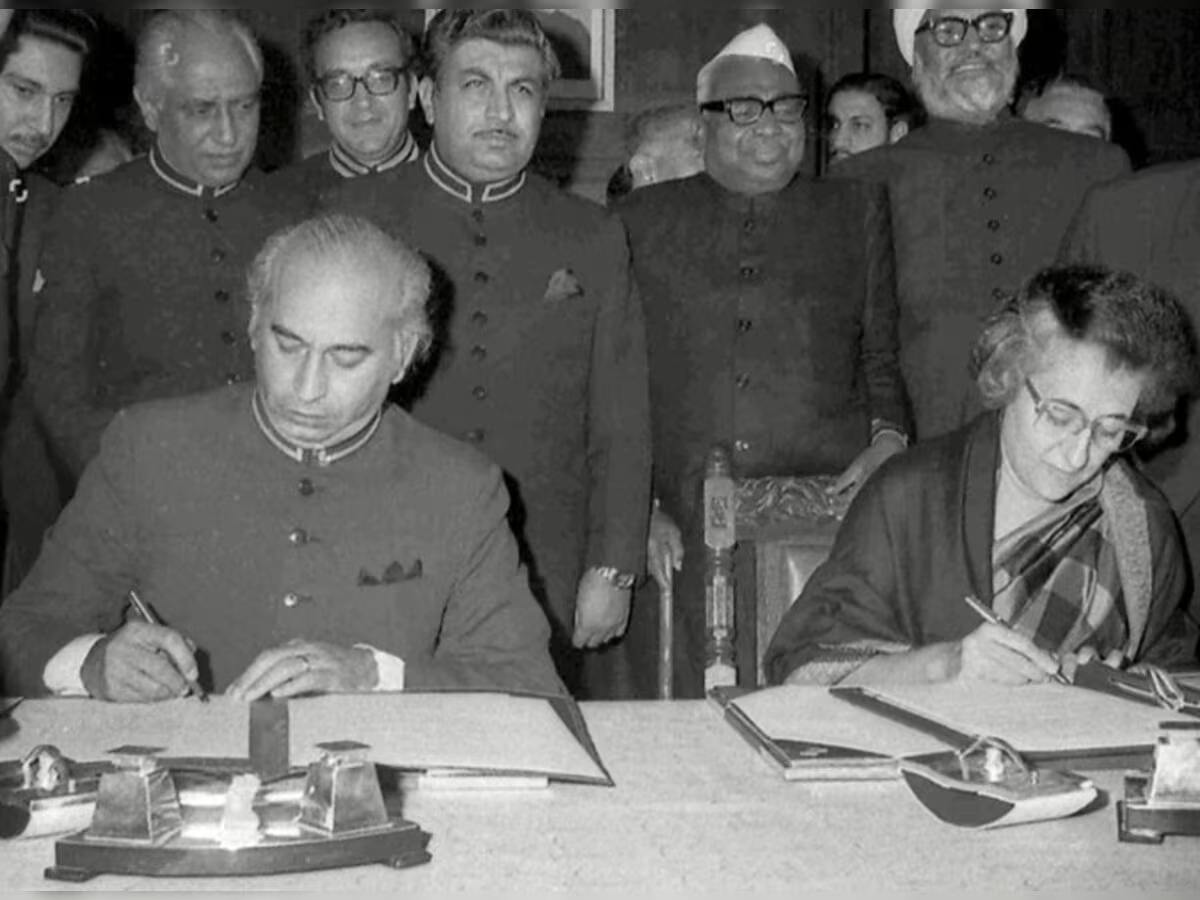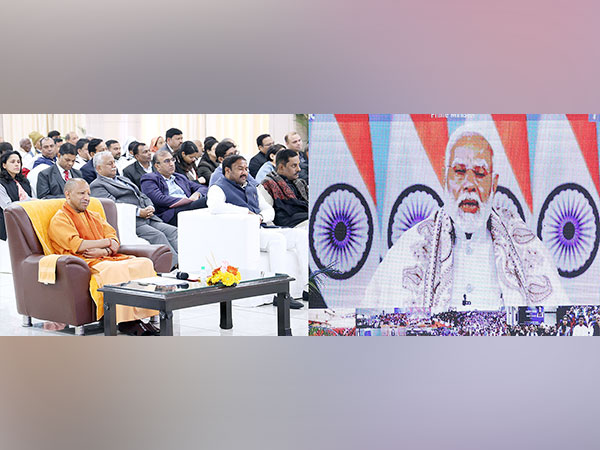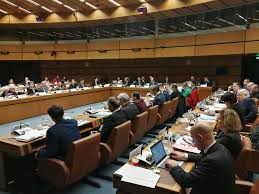- Courses
- GS Full Course 1 Year
- GS Full Course 2 Year
- GS Full Course 3 Year
- GS Full Course Till Selection
- CSAT
- 5 LAYERED ARJUNA Mentorship
- Public Administration Optional
- Online Program
- GS Recorded Course
- NCERT Batch
- Polity Module Course
- Geography Module Course
- Economy Module Course
- AMAC Module Course
- Modern India, Post Independence & World History Module Course
- Environment Module Course
- Governance Module Course
- Science & Tech. Module Course
- International Relations and Internal Security Module Course
- Disaster Management Module Course
- Ethics Module Course
- Essay Module Course
- Current Affairs Module Course
- ABOUT US
- OUR TOPPERS
- TEST SERIES
- FREE STUDY MATERIAL
- VIDEOS
- CONTACT US
RBI Report on State Finances: Need for Rationalisation of Subsidy Outgoes
RBI Report on State Finances: Need for Rationalisation of Subsidy Outgoes
21-12-2024

- In December 2024, The Reserve Bank of India (RBI) released a report called "State Finances: A Study of Budgets of 2024-25".
- The report discusses the growing financial problems of Indian states. The RBI is concerned about the increasing subsidies, high debt, and centrally sponsored schemes that are putting pressure on state finances.
- The report advises states to manage their finances better by controlling subsidy spending and making their budgets more efficient.
Key Issues Highlighted in the RBI Report:
- The RBI report highlights that state governments are spending a lot more on subsidies. These include:
- Farm loan waivers (forgiving loans of farmers)
- Free or subsidised services, like:
- Electricity for farmers and households
- Subsidised transport and gas cylinders
- Cash transfers to specific groups such as farmers, youth, and women.
-
Example of Rising Subsidies:
- Delhi's "Mukhya Mantri Mahila Samman Yojna": A new scheme by Delhi Chief Minister Arvind Kejriwal promises to give Rs 1,000 per month to women in Delhi.
- He also promised to increase this amount to Rs 2,100 if the AAP wins the next election in 2025.
- Need to Control Subsidies: The RBI urges states to control their spending on subsidies so that they don’t end up spending too much on them and leave less money for other important areas like infrastructure, education, and healthcare.
Debt Levels and the Need for Debt Reduction
-
Debt Situation:
- The overall debt of states has dropped from 31.8% of GDP in March 2004 to 28.5% of GDP in March 2024.
- Even though the debt level has improved, it is still higher than the 20% debt-to-GDP ratio recommended by the Fiscal Responsibility and Budget Management (FRBM) Review Committee (2017).
-
Need for Debt Reduction:
- The RBI suggests that states with high debt need to develop a clear plan to reduce their debt in a manageable way, keeping in mind the goal of sustainable finances. States must also keep a balance between paying off debt and continuing to invest in growth.
Problems with Centrally Sponsored Schemes (CSS)
- The report points out that too many centrally sponsored schemes (CSS) reduce the ability of state governments to manage their own finances.
- These schemes, which are decided by the central government, limit the states' freedom to spend money based on local needs.
-
Recommendation:
- The RBI advises that states should reduce the number of central government schemes and make sure that the schemes they follow are suitable for their specific needs.
- This would give states more financial freedom and reduce the pressure on their budgets.
Importance of Data and Fiscal Risk Assessment
- The RBI emphasizes that accurate and up-to-date data is crucial for evaluating the financial health of states.
- Without this data, it’s difficult to measure how much risk a state is facing financially.
- States sometimes borrow money outside of the official budget, known as off-budget borrowings.
- These hidden borrowings can make a state's debt seem lower than it actually is, which can be risky.
-
Recommendation:
- States should report all borrowings clearly and on time to make their finances more transparent.
- This will help build trust with investors and reduce borrowing costs for states in the future.
Improving Public Spending through Outcome Budgeting
- The RBI suggests that states should adopt outcome budgeting. This means spending money based on clear, measurable results, rather than just spending for the sake of spending. This way, governments can track whether their spending is really making a positive impact.
- Helps states prioritise areas that will have the biggest impact on growth, like education, health, and infrastructure.
- Allows citizens to see how their tax money is being spent, which will improve public trust in the government.
- Ensures money is spent in the most effective ways, increasing the value of public spending.
- Reports showing outcome-based results help citizens understand how their taxes are being used, which increases civic engagement and trust in the government.
Climate Budgeting: A Priority for States
- The RBI also suggests that states should consider climate change when planning their budgets. This means planning for environmental sustainability and ensuring that growth doesn’t harm the environment.
- States should include climate action in their budgets, in line with global climate goals like the Paris Agreement. This will help ensure long-term growth that is environmentally sustainable.
Key Recommendations for States:
- Control Subsidy Spending: States need to cut down on subsidies that are not essential, and focus more on investing in growth areas like infrastructure, education, and healthcare.
- Develop a Debt Reduction Plan: States with high debt should create a clear plan to reduce debt over time without compromising important development goals.
- Reduce Central Government Schemes: States should work to reduce the number of centrally sponsored schemes and focus on what best suits their local needs. This will give them more financial freedom.
- Improve Data Reporting: States must make sure that they report all their financial data clearly and consistently to avoid hidden borrowings and ensure fiscal transparency.
- Adopt Outcome-Based Budgeting: States should link spending to measurable results to ensure that money is spent effectively and that public trust is maintained.
- Consider Climate Change in Budgets: States should include climate action in their budget planning to ensure sustainable development.
Conclusion:
The 2024-25 RBI report on state finances highlights the growing financial problems faced by Indian states, especially the increasing pressure from subsidies, high debt, and the cost of central government schemes. The report advises states to manage subsidies better, develop clear plans for debt reduction, and make their budgets more efficient. Adopting outcome-based budgeting and prioritising climate action will help states use their money wisely and ensure long-term, sustainable growth.
| Also Read | |
| UPSC Prelims Result | UPSC Daily Current Affairs |
| UPSC Monthly Mgazine | Previous Year Interview Questions |
| Free MCQs for UPSC Prelims | UPSC Test Series |
| ENSURE IAS NOTES | Our Booklist |




